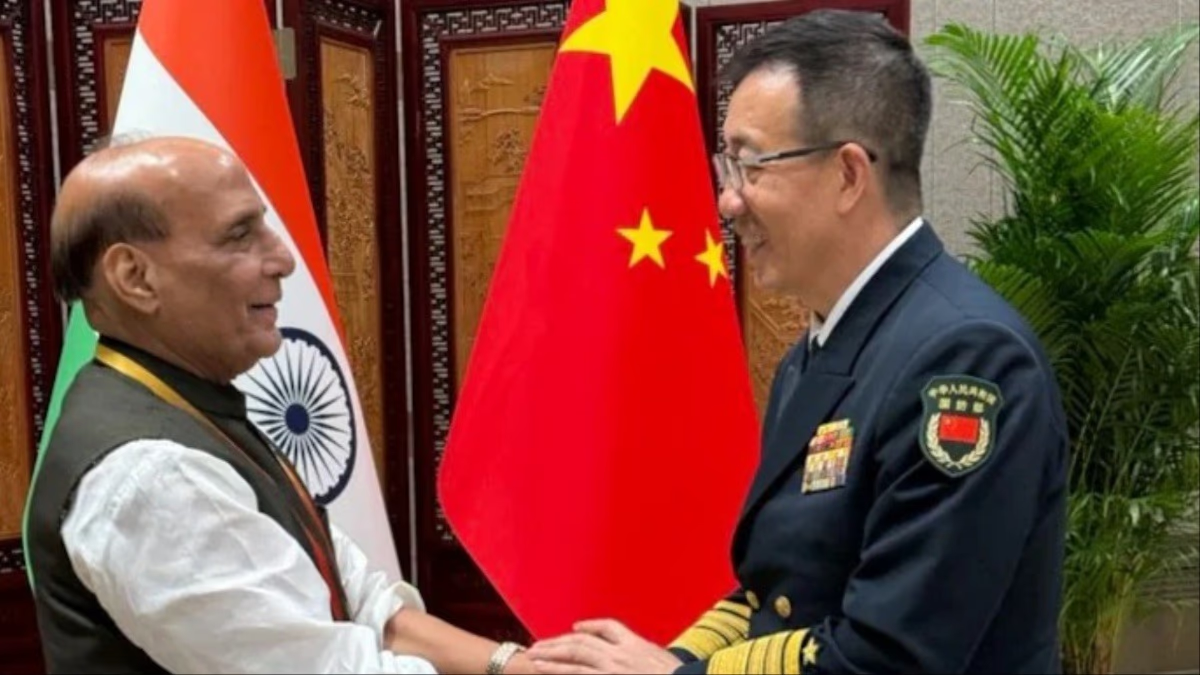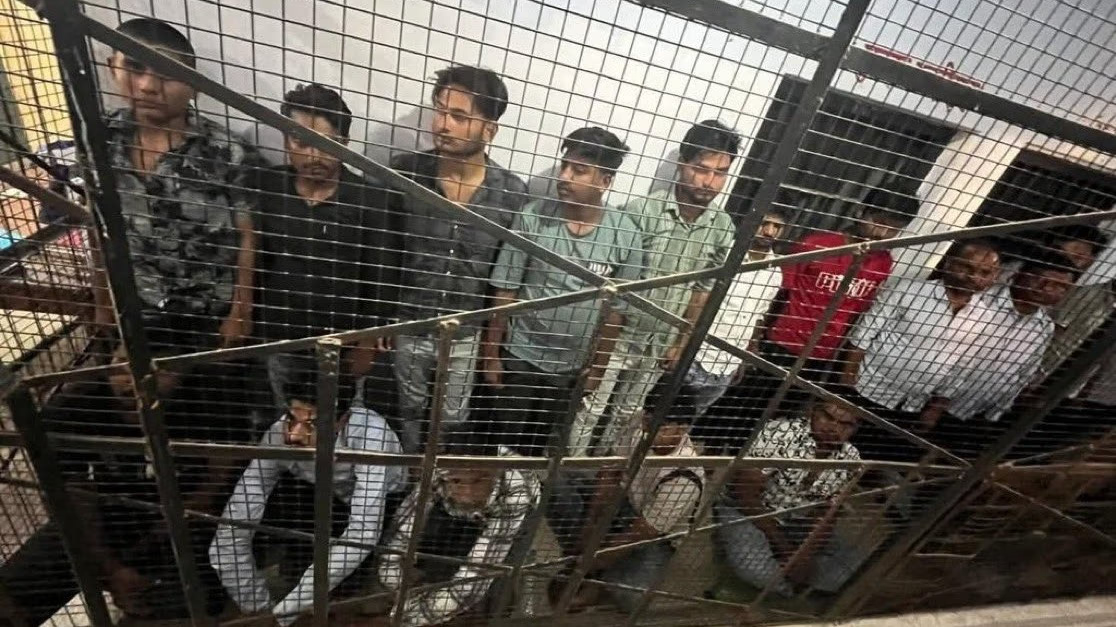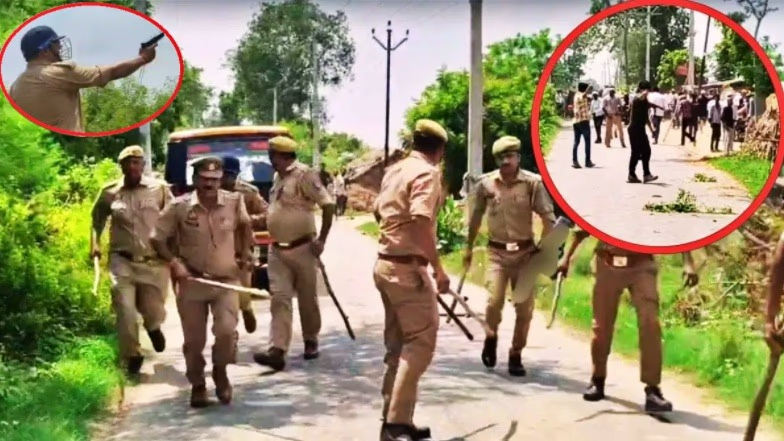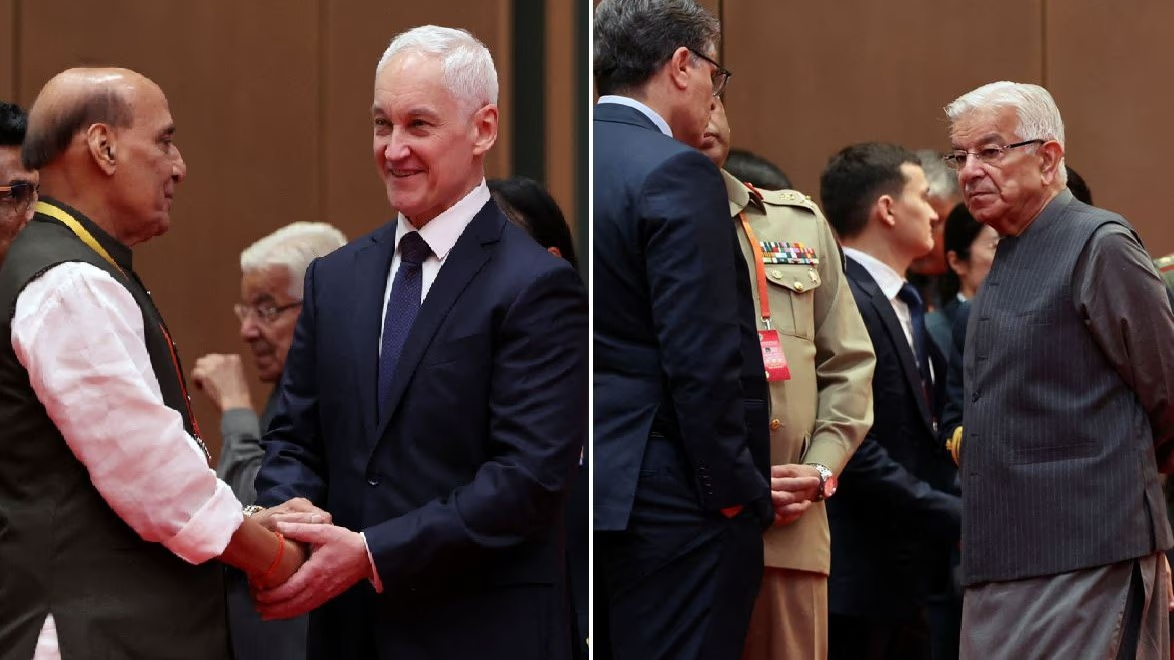Defense Minister Rajnath Singh held a crucial bilateral meeting with Chinese counterpart Admiral Dong Jun in Qingdao during the Shanghai Cooperation Organization (SCO) summit. Singh presented a four-point formula aimed at enhancing relations between the two countries and preventing another Galwan-like conflict. A key focus was adhering to the 2024 plan in which India and China agreed on a patrolling system to mitigate border tensions.
Singh's four-point plan includes:
1. Disengagement - Strict compliance with the 2024 disengagement processes.2. De-escalation - Active efforts to reduce border tensions.3. Demarcation & Delimitation - Accelerate resolution of border disputes to achieve demarcation targets.4. Special Representative Mechanism - Use existing frameworks to draft new processes for enhancing ties and settling differences.
What is the 2024 Disengagement Plan?
Under the 2024 disengagement plan, India and China agreed to a patrolling system to ease tensions at the Line of Actual Control. The 2020 Galwan Valley clash near the LAC marked a significant escalation between the two nations, sparking patrol area disputes. Both countries agreed on a patrolling framework in October 2024.
What Happened at Galwan?
In 2020, tensions between India and China escalated dramatically. On May 1, troops clashed near Pangong Tso in Eastern Ladakh, with injuries reported on both sides. Tensions peaked on June 15, resulting in the death of 20 Indian soldiers. China's casualties were not officially confirmed, though reports suggest higher losses on their side.
The Galwan conflict pushed Indo-China relations to a tipping point. By February 2021, both nations engaged in discussions to ease tensions, eventually agreeing on a disengagement plan by October 2024. Singh's recent meeting reiterated the necessity of adhering to this plan to restore trust and improve relations.
India Raises Terrorism Issue with China
During the meeting, Singh addressed Pakistan-sponsored cross-border terrorism, underscoring India's decisive stance akin to Operation Sindoor. Following the meeting, Singh emphasized diplomatic momentum on social media, celebrating the resumption of the Kailash Mansarovar Yatra after six years.
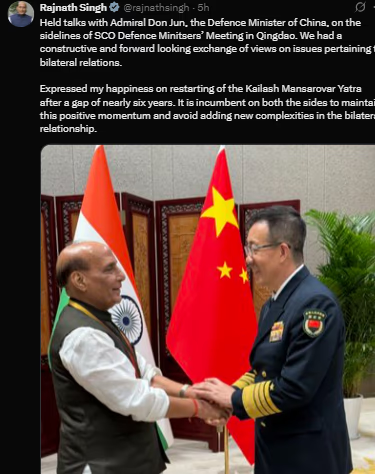
Source: aajtak
Singh tweeted, 'Insightful conversation with Admiral Dong Jun during the SCO defense ministers meeting in Qingdao. Delighted by the restart of the Kailash Mansarovar Yatra after a six-year gap. A positive trajectory in bilateral relations must be maintained.'
Singh also gifted Admiral Dong Jun a traditional Madhubani painting from Bihar.
China’s Statement on Relations
China issued a statement, emphasizing a focus on dialogue and mutual trust with India. However, India did not release an official response regarding the bilateral meeting. The ministers met in a tense atmosphere, following Singh’s rejection to sign the joint SCO statement influenced by China and Pakistan, which attempted to divert attention from terrorism issues.
The document indirectly criticized India regarding unrest in Balochistan, which India countered by refusing to sign the document, thereby challenging China and Pakistan's narrative.
